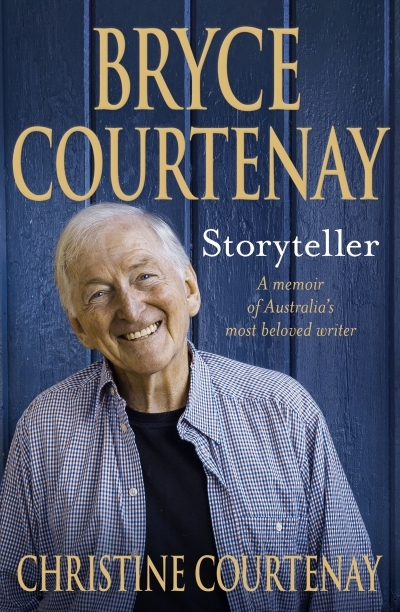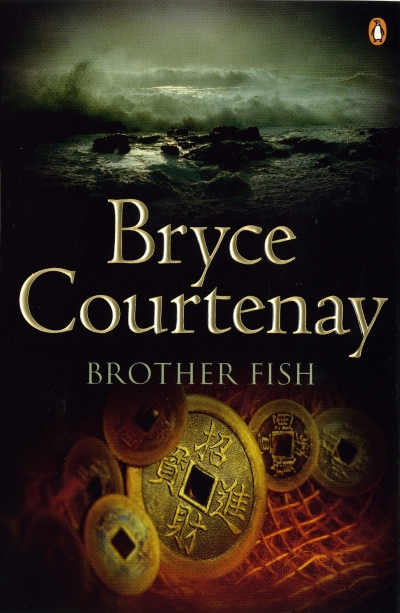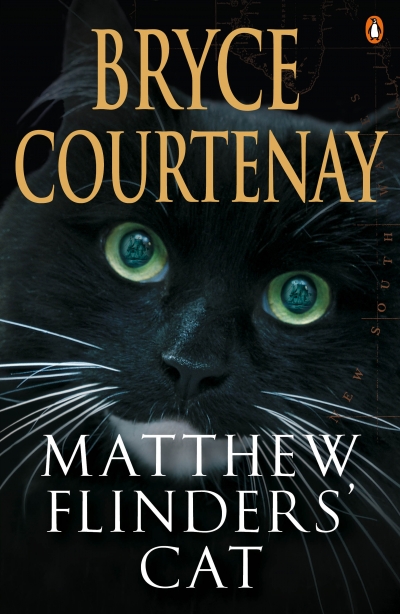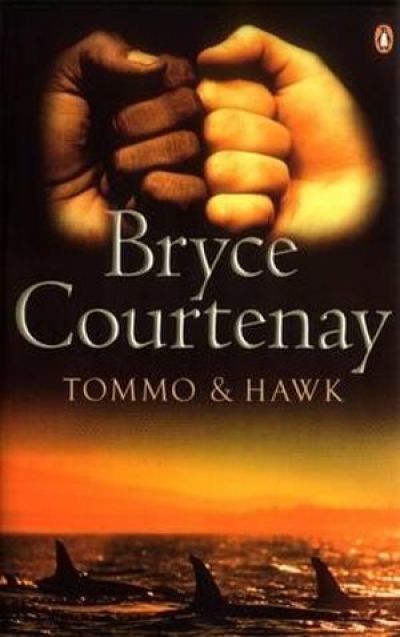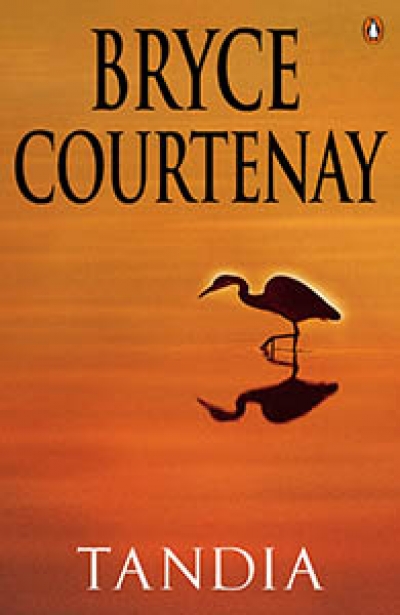Bryce Courtenay
The last thing a highbrow hack needs is to find himself in a sustained bout of controversy with a blockbusting writer from the other side of the tracks. A few weeks ago at the Melbourne Writers Festival, I found myself a participant in a discussion about reviewing (and whether the critic was a friend or a foe) which rapidly turned into a sustained accusation on the part of the bestselling novelist Bryce Courtenay that I and the chairman of the panel, Professor Peter Pierce of James Cook University, were literary snobs with no conception of any popular genres in general and no apprehension of the critical injustices (and personal pain) which Courtenay in particular was subjected to by us and all our ilk.
... (read more)
